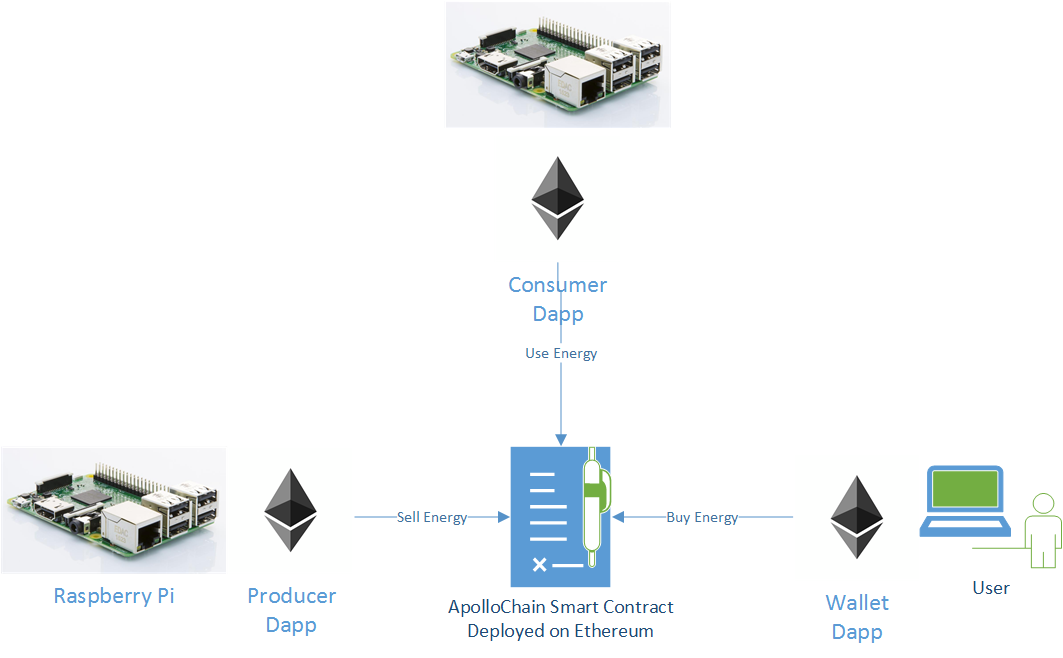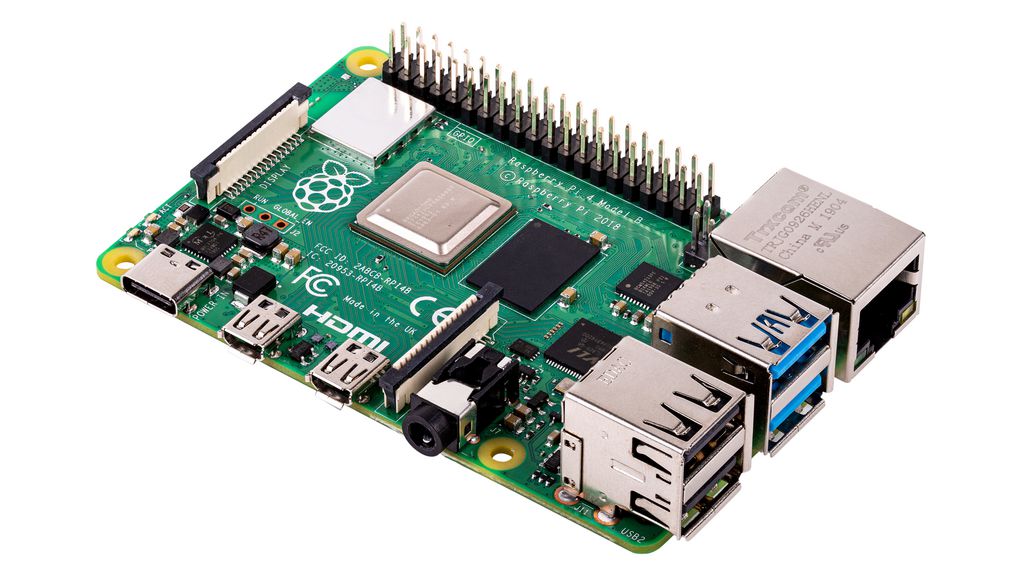
- #Raspberrypi ethereum light node archive#
- #Raspberrypi ethereum light node full#
- #Raspberrypi ethereum light node software#
- #Raspberrypi ethereum light node code#
Check that the set of logs and bloom produced matches R.logs and R.logbloom.Check that the resulting state root is R.medstate and the gas_used is R.gas_used.Initiate the state with state root R.medstate and R.gas_used (if i = 0 use the parent endstate and 0 gas_used).

Each light client C chooses one transaction index i with transaction T (with corresponding receipt R) and does the following:
#Raspberrypi ethereum light node code#
#Raspberrypi ethereum light node full#
Formally, we can say that all measures of a full light client are bounded by a sublinear function of the number of transactions in a block - in most cases, the protocols below work for a bound of O(log(n)), though one particular mechanism works only for ~O(sqrt(n)). However, what we are also interested in supporting is fully light clients, which never even process most transactions.
#Raspberrypi ethereum light node archive#
Indeed, all “full clients” except for archive nodes (intended to be run by businesses, block explorers, etc) will eventually be set up as “partially light clients” with respect to all history older than a few thousand blocks. For a “partially light client”, which processes everything but is constrained by hard drive space and so stores almost nothing, swapping out a database read with a DHT get request is by itself sufficient to meet the requirements. In other news, Olympic is whirring away and there still plenty of Ether to be won by people willing to mine or code a few scripts to hammer the network with transactions.In Ethereum, a light client can be viewed as a client that downloads block headers by default, and verifies only a small portion of what needs to be verified, using a distributed hash table as a database for trie nodes in place of its local hard drive. If you don’t make it in to the programme, but fancy setting up a low-cost node anyway (these devices are around $50 each) then Christoph has helpfully provided a howto, to get you on your way.


Everyone is welcome to apply but we’re especially looking for schools, universities and communities in the oft-forgotten far reaches of the world. We have quite a few of these to give away so please use our online form. However, they’ll act as archive nodes, verify and transmit blocks and transactions and generally add to the party atmosphere. Before you ask, no they won’t make a good miner (aside from anything else, they don’t have nearly enough GPU RAM). The only thing that must be supplied by the applicant is power and internet.

#Raspberrypi ethereum light node software#
Included in the kit is a Raspberry Pi (version 2), power connector and SD card preloaded with all software required to run an Ethereum Frontier node. As part of our drive to introduce Ethereum to the far corners of the world, not to mention demonstrate the potential for embedded blockchain technology (even without light-nodes) I’m happy to announce the roll-out of our “eπ” Ethereum-on-Raspberry Pi programme.Īs part of our programme, we’re offering a full-kit for placing a full Ethereum node on the internet to communities around the world.


 0 kommentar(er)
0 kommentar(er)
